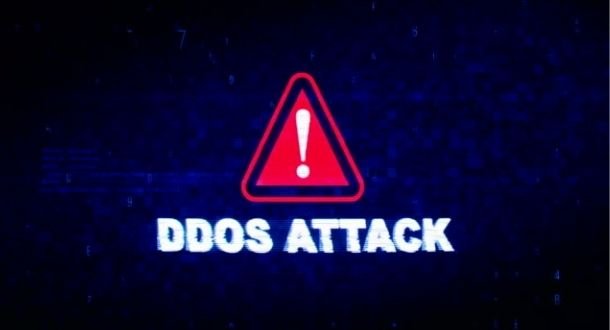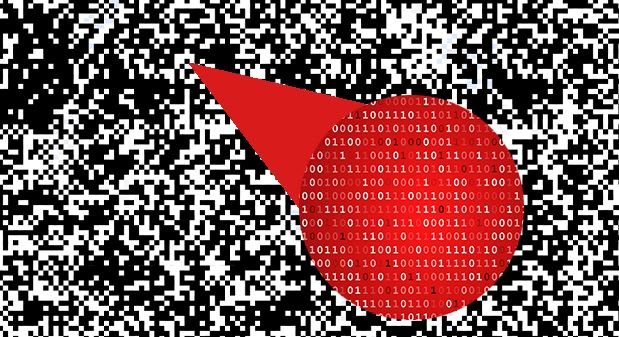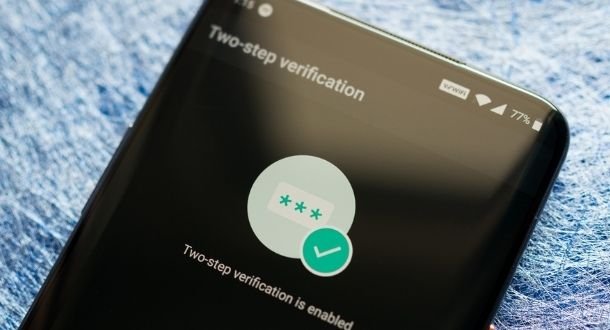In recent weeks, several cyber security researchers have reported massive flaws in the Internet infrastructure in North Korea, affecting the few users who have free access to the online world within the territory where Dictator Kim Jong-un rules with an iron fist.
Although early hypotheses suggested that these flaws could have been caused by a state actor in retaliation to military tests conducted by the North Korean military in early 2022, it has been confirmed that the real cause of the incident has little or nothing to do with cyberwarfare between world powers.
Apparently, these massive failures were caused by a single individual who, from the comfort of his home, managed to wreak severe havoc on the technological infrastructure of the entire South Korean territory. The independent hacker, identified simply as P4x, was attacked by spies sent by the North Korean government as part of a cyber spying campaign and theft of confidential software. While the hacker claims that the North Korean agents failed in their mission, he did not want to miss the opportunity to take revenge for the hacking attempt.

In an interview with Wired, the hacker claims to have found multiple uncorrected vulnerabilities in various systems used by North Korea, which allowed him to deploy a variant denial of service (DoS) attack against North Korean servers and routers, with very limited security measures considering the importance of these services.
Although P4x did not want to share technical details about the exploited flaws, it assures that one of the flaws is related to a header management error in the NginX web server software. The hacker shared some screenshots to prove that it is he who was behind these flaws.
P4x also mentions that it maintained its attack campaign in an almost automated way, periodically executing scripts to list the active systems and subsequently executing exploits to cause the failures: “This was like a pentesting campaign in the networks of a medium-sized organization; it’s interesting how easy it was to cause these failures,” he says.
It may sound implausible that a single individual would be able to carry out such attacks, although a determining factor in this campaign is the limited Internet infrastructure in North Korea. Still, P4x was able to prove that spying campaigns don’t go unnoticed by the West, where experts aren’t afraid to prove what they’re capable of thousands of miles away.
To learn more about information security risks, malware variants, vulnerabilities and information technologies, feel free to access the International Institute of Cyber Security (IICS) websites.

He is a well-known expert in mobile security and malware analysis. He studied Computer Science at NYU and started working as a cyber security analyst in 2003. He is actively working as an anti-malware expert. He also worked for security companies like Kaspersky Lab. His everyday job includes researching about new malware and cyber security incidents. Also he has deep level of knowledge in mobile security and mobile vulnerabilities.















